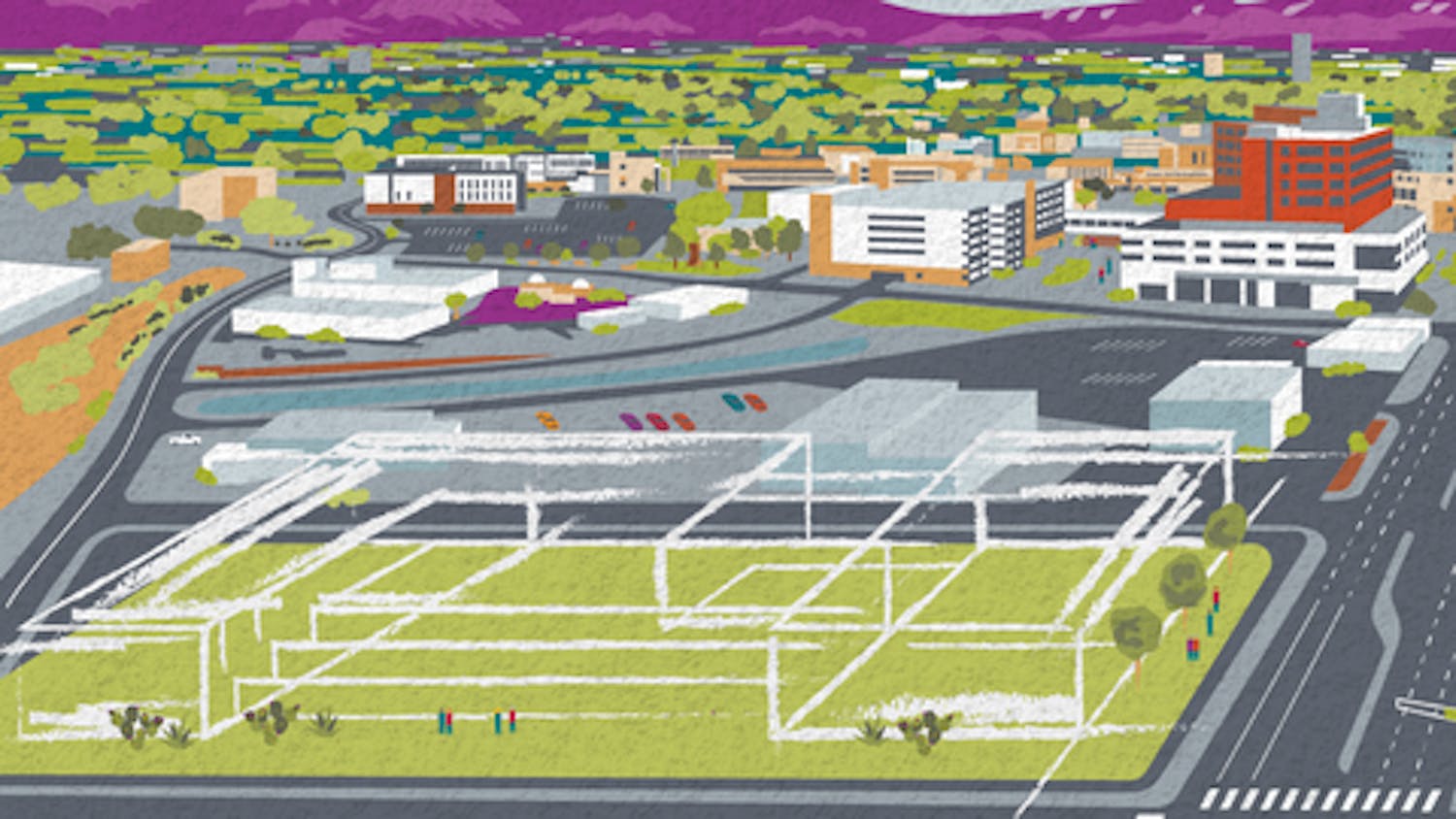The UNM College of Nursing and professor Leah Albers recently received a grant for $336,400 to study ways to reduce trauma suffered by women giving birth.
Albers, principal investigator for the grant and a certified nurse midwife, will study two techniques used in midwife-assisted births to reduce lacerations or tearing in a woman's birth canal during labor.
She said the grant from the National Institutes of Health will fund one of the first large studies of techniques used by midwives.
"The most important reason for doing this study is that most women who have babies have tears in the birth canal," Albers said.
More than three million women deliver babies vaginally each year in the United States; more than half of them sustain sufficient trauma to the birthing canal and need stitches, Albers said. She said more than 20 percent of women still experience pain in this area eight weeks after giving birth, and 10 percent after a year. Albers added that the trauma also can affect sexual function.
Albers' research will measure birth trauma in women in the UNM midwifery prenatal clinics during the next four years. A volunteer population of 1,200 pregnant women will be randomly selected for one of three groups. One group will be treated with warm compresses shortly before giving birth, one group with massages and lubricants and one group with no touching of the area around the lower pelvic area.
Get content from The Daily Lobo delivered to your inbox
The grant coincides with research indicating that episiotomy, or cutting a larger opening to allow for a baby's birth, is no longer considered the best practice.
"Until fairly recently, episiotomy was the mainstream medical process used for women giving birth," Albers said. "Studies show it causes more harm than good. This has precipitated study of other alternatives to reduce trauma."
Maria Neethling, a senior in sociology at UNM, said she experienced significant trauma including bleeding and tearing while giving birth to her daughter.
"Giving birth will never be a comfortable process although it is worth it," Neethling said.
She said she supports what researchers will do with the grant.
"I am all for it - any way of making it less traumatic," she said.
Warm compresses or massage with lubricants applied to a woman's lower pelvic area during the latter stages of birth are methods some midwives use to stimulate blood flow, relax muscles and reduce pain in the area, Albers said. She said her research will study whether these methods reduce tearing in women during labor.
In a preliminary survey, 75 percent of women polled said they would like to participate in the research. Women want to help other women, Albers said.
Abigail Lanin, a UNM nursing student, said that despite 21 hours of labor, her birth experience was wonderful with few difficulties after the birth. She said she had a minor tear but did have a midwife attending her birth who used warm compresses during the final stages of labor.
"(Traditional medicine) hasn't really made things better for women so we have to figure out what does work now," Lanin said. "I think it's about time."





